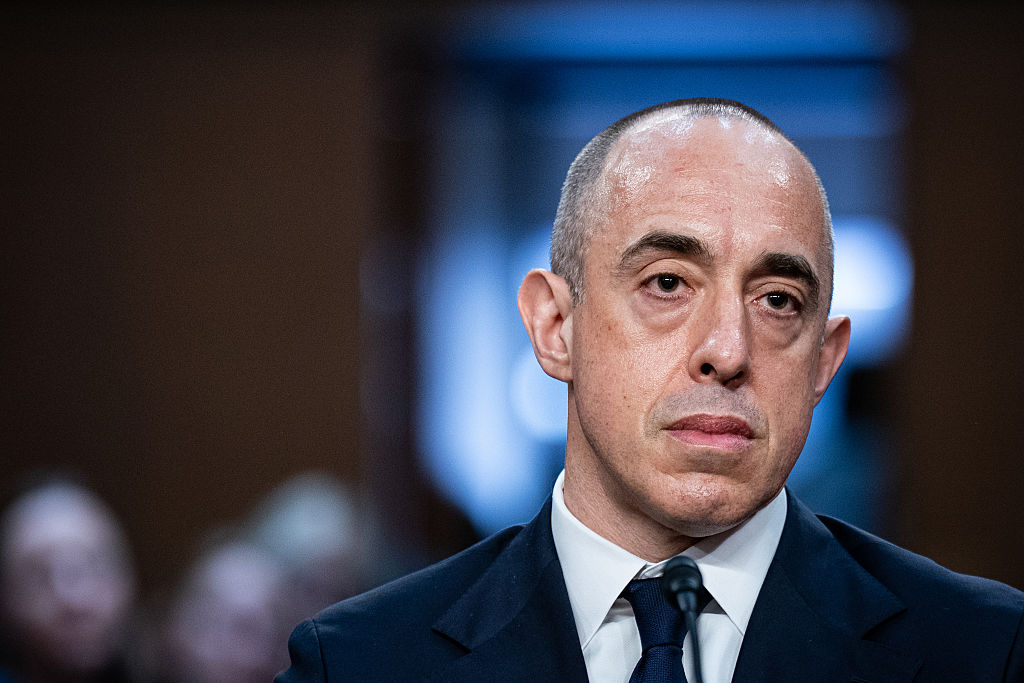Right-Wing Economics Courses Are Molding the US Judiciary
Nearly half of US federal judges took crash courses in economics at a conservative-leaning economics institute between 1976 and 1999. After attending the trainings, judges ruled against regulators more often and imposed harsher sentences on criminals.

Emil Bove, judge for the United States Court of Appeals for the Third Circuit, recently appointed by Donald Trump. (Al Drago / Bloomberg via Getty Images)
A new study in the Quarterly Journal of Economics reveals that nearly half of US federal judges attended crash courses in economics at the conservative-leaning Manne Economics Institute for Federal Judges between 1976 and 1999 — and it changed how they behaved on the bench.
Reviewing more than a million circuit and district court rulings, the study’s researchers found that after attending the popular economics “training,” judges ruled against regulators more often and imposed more severe sentences against criminals.
This isn’t the first evidence that “law and economics” courses push judges to the right. The same authors previously found that Manne attendees were less likely to rule in favor of environmental or union regulations and gave longer prison sentences to federal defendants.
In 2021 and 2022, two billionaire-funded legal interests — George Mason University, which hosts the Manne Economics Institute, and the Federalist Society, a conservative lawyers’ network — sent more than 100 federal judges on 251 all-expenses-paid luxury trips to conferences and seminars around the country and overseas, according to a Lever review of federal financial disclosures. These institutions funded more than 40 percent of all travel-related payments reported by federal judges in those years.
Big Tech companies have also funded antitrust economics seminars at the George Mason University–affiliated Global Antitrust Institute, which were attended by judges now overseeing antitrust cases involving the firms. Some of these trainings were held in exotic destinations, such as Hawaii, Spain, and California’s Napa Valley.
Companies currently facing antitrust cases that have contributed to the Global Antitrust Institute include Meta, which was just sued over its acquisition of competitors WhatsApp and Instagram; Amazon, which was accused of browbeating suppliers with Prime; and Google, which was just let off the hook for running an illegal search platform monopoly.
These “educational” seminars funded by business interests — and sometimes-flagrant gifts to Supreme Court justices — aren’t just influence-peddling schemes to win specific rulings. They’re part of a bigger plan to deter the ideological freedom that lifetime appointments to the judiciary afford.
For decades, conservative legal institutions have waged war on the federal courts, as part of a master plan to take over the justice system.